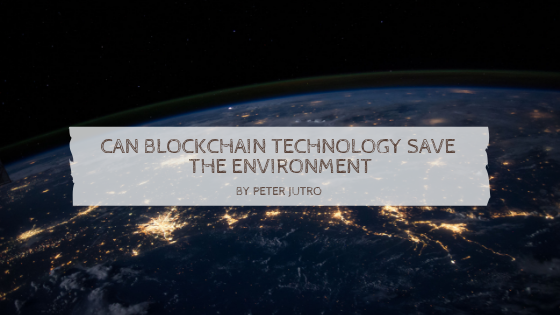Recently, a new wrinkle has been added to the global climate change issue. Few challenges are more worrisome than the myriad posed by the worldwide growth in greenhouse gas emissions. Global CO2 emissions are predicted to total 37.1 billion tons this year, a 2.7% increase over 2017. As United Nations Secretary General António Guterres recently put it, in his opening speech at the 24th annual U.N. climate conference: “It is hard to overstate the urgency of our situation…We are in deep trouble with climate change.” His statement mirrors the conclusions of an October report by the U.N. Intergovernmental Panel on Climate Change.
The report states that between now and 2030, measures beyond drastic must be taken by all countries to avoid climate change’s most devastating consequences, which include the permanent melting of an Alaska-sized swath of Arctic ice and the subsequent rise of sea levels by feet, as well as the destruction of 99% of tropical coral reefs. According to the report, preventing those outcomes will require the world to increase electricity generation via solar, wind and other renewable sources from its current rate of 24% to around 50 to 60%, shut down most coal and gas plants and outfit the holdouts with Carbon Capture and Storage (CCS) technologies, and largely adopt electric cars (and other forms of transport) powered by green energy.
Achieving these goals, and thus closing the gap between present emission levels, and those necessary to prevent catastrophic damage will no doubt require unorthodox solutions. According to the World Economic Forum (WEF), the Swiss based organization perhaps best known for its annual Davos meeting, many solutions could involve blockchain–a decentralized and cryptographically secured electronic ledger system hailed as “having the potential to transform how humans transact.” In a September report done in conjunction with PwC, the Britain-based accounting firm, the WEF lays out over 65 possible ways that blockchain could be implemented to combat climate change and environmental degradation.
Solutions involved applying blockchain to decentralize the recording of–and therefore render transparent–resource management practices and supply chain transactions. Other proposed applications include unlocking capital for a new wave of investors via blockchain-based financial platforms, creating a shared system for those involved in disaster relief to conduct efficient and automated transactions, promoting accountability through sustainability monitoring via a common, inalterable record, and streamlining carbon market transactions by creating–and facilitating the exchange of–cryptographic tokens with tradeable value.
The latter method is already being encouraged by the Blockchain for Climate Foundation. The group aims to establish a system that connects countries’ carbon accounts, by tracking what the Paris Agreement establishes as a unit of transfer through which nations exchange emissions credit: the Internationally Transferred Mitigation Outcome, or ITMO. To facilitate the trade of carbon credits between nations, the Blockchain for Climate Foundation aims to create a new type of fungible token that carries the information unique to each credit, such as its origins, so that authenticity can be confidently validated.
There are those, however, who doubt blockchain’s ability to enable any environmentally beneficial outcomes. Critics posit that the better course is to disengage from blockchain entirely, considering the colossal amount of energy it takes to power blockchain-based cryptocurrency systems. Dr. Jonathan Foley, an environmental scientist who is Director of Project Drawdown — a comprehensive plan to attempt to reverse global warming — claims that the world’s current stock of blockchain systems already consumes more energy than do some entire countries. In addition, Foley states that the integrity of computer records isn’t even close to being a primary issue barring sustainable practices from worldwide adoption. He also suggests that even if Blockchain proves to be as secure as current record keeping methods, nothing about Blockchain would prevent bad actors from falsifying their initial entries.
Once again, we see that the ongoing controversies swirling about climate issues have become yet more complicated.

